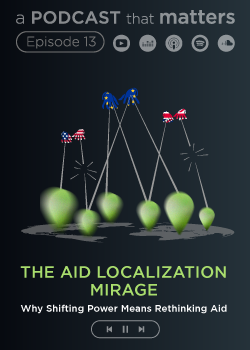Print

BioBar: Biological Barriers for a Sustainable Landfill Design: BioBar
Details
Locations:Spain
Start Date:Jun 1, 2023
End Date:May 31, 2025
Contract value: EUR 165,312
Sectors: Pollution & Waste Management (incl. treatment)
Description
Programme(s): HORIZON.1.2 - Marie Skłodowska-Curie Actions (MSCA)
Topic(s): HORIZON-MSCA-2021-PF-01-01 - MSCA Postdoctoral Fellowships 2021
Call for proposal: HORIZON-MSCA-2021-PF-01
Funding Scheme: HORIZON-AG-UN - HORIZON Unit Grant
Grant agreement ID: 101067058
Objective:
Waste management and final disposal cause severe environmental impacts. Even in modern landfills, installed engineered barriers worsen their hydraulic performance after 8 years of landfill operation, which can lead to leachate leakage and environmental pollution in the medium to long term. In addition, the use of clay as landfill barriers relies on a non-renewable resource and entails high economic and environmental costs when such a resource is not locally available. Therefore, it is necessary to develop barriers made of renewable and/or recycled sources, which not only promote leachate containment but also enhance its in-situ treatment and attenuation. This project will take advantage of the bacteria naturally occurring in leachate that grow and form biofilms by consuming the organic compounds. We will apply the biofilm-forming bacteria in a novel liner made of the rejected fraction of fine aggregates and plastic waste. Adopting such a bio-barrier between the liner and the drainage system could reduce both the leachate flow and the contaminants concentrations that actually reach the liner. This is because the natural clogging of the bio-barrier would reduce its permeability, and the physicochemical and biochemical processes would enhance their attenuation. In this regard, the proposed project will 1) develop bio-barriers for landfill design, combining the rejected fraction of fine aggregates, plastic waste and biofilm-forming bacteria, 2) verify the long-term performance of these new designs for representative conditions, and 3) develop guidance for real-world implementation to reduce barrier permeability and increase contaminant attenuation. The bio-barrier (BioBar) approach has not been quantitatively tested for landfill barrier design and merges innovative geochemical concepts and biofilm engineering. The effectiveness of the developed bio-barrier could enable the reduction of clay liner thickness, in a renewable and sustainable design perspective.

